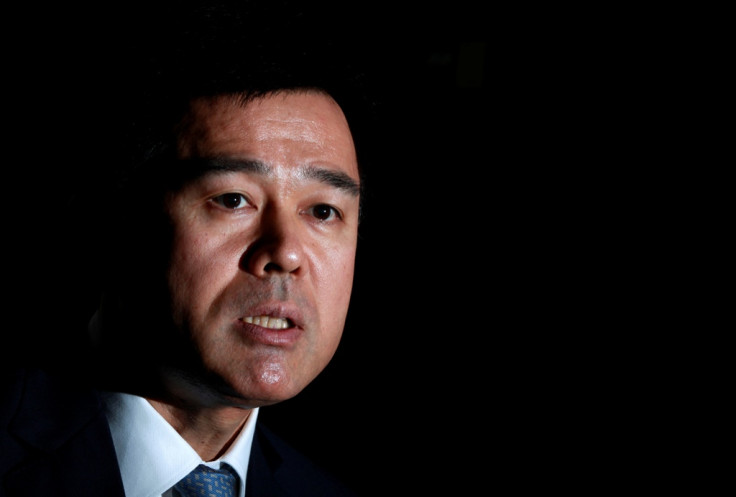Bank of Japan Policymaker Sees Flexibility on Timing of QE Withdrawal

Bank of Japan board member Takehiro Sato said the central bank could be flexible on the timing of the eventual withdrawal of its monetary stimulus, suggesting that simply meeting its 2% inflation target would not set off a reversal of stimulus.
Sato also said he was confident that Japanese consumer prices would rise as improvements in the output gap have a lagging impact on prices.
... it is possible to exit our policy before inflation actually reaches that level.
Sato refused to list specific stimulus exit strategies, saying it was too early to discuss such measures as the BOJ was still waging a psychological battle to lift inflation expectations and convincingly end deflation.
When the BOJ does eventually dial back its quantitative easing, bond yields could shoot up as Japan would be firmly out of deflation, Sato said.
Sales Tax Hike's Impact
The central banker also said that the BOJ expects volatile movements in demand caused by a scheduled increase in Japan's sales tax, suggesting he sees little need to alter policy in the short term.
Tokyo will raise the sales tax in April to 8%, from 5%, and consumers have been buying automobiles, homes and durable goods ahead of the increase, with growth in other consumer spending also propelling industrial production.
Long-term bond yields are low now because investors view this tax hike as a proof of the government's commitment to financial consolidation, Sato said.
The sales tax hike will make measuring the price trend more difficult and the central bank would need to observe the situation for several months, according to the banker.
The world's third-largest economy could contract in the April-June quarter as consumer spending is expected to drop sharply in the wake of the sales tax hike, which comes into force on 1 April.
However, Sato said he was confident that growth would resume in the July-September quarter as the economy and financial system are stronger than they were when Japan last increased the sales tax in 1997.
"If the BOJ can judge that 2% will be sustainably achieved, it is possible to exit our policy before inflation actually reaches that level," Sato told Reuters on Thursday.
"The BOJ can also continue quantitative easing after 2% inflation is reached if it judges that the gains are not sustainable."
The BOJ last week maintained its promise of increasing base money, its key monetary policy measure, at an annual pace of 60tn yen to 70tn yen ($586bn to $684bn).
The BOJ has left its policy unchanged following the infusion of stimulus in April 2013, when it vowed to boost inflation to 2% in about two years through aggressive asset purchases in a country that has endured 15 years of deflation.
© Copyright IBTimes 2025. All rights reserved.






















